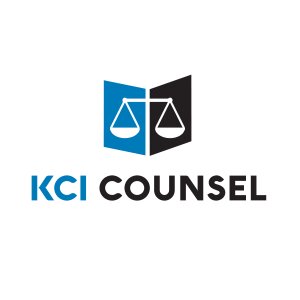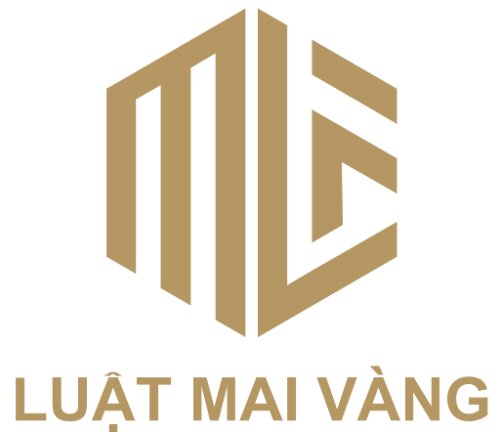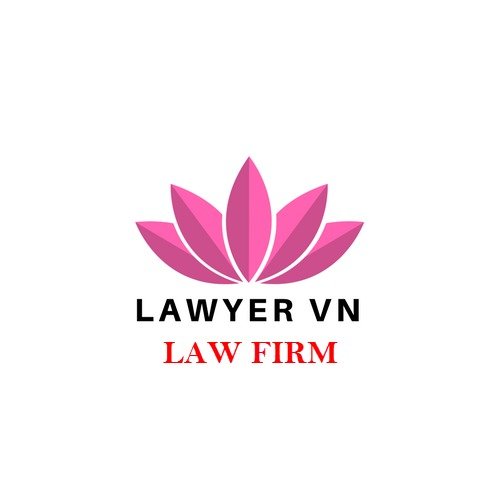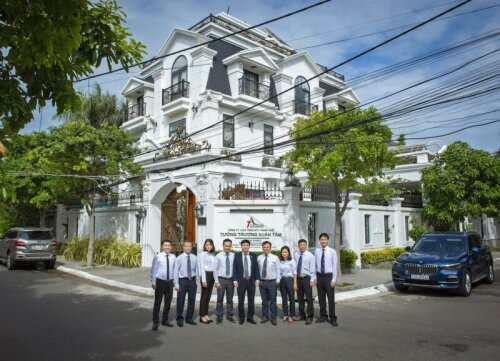Best Citizenship Lawyers in Vietnam
Share your needs with us, get contacted by law firms.
Free. Takes 2 min.
Or refine your search by selecting a city:
List of the best lawyers in Vietnam
About Citizenship Law in Vietnam
Citizenship in Vietnam is governed by the Nationality Law, which outlines how a person can acquire, maintain, or lose Vietnamese citizenship. The law aims to provide clarity on nationality status and ensure that individuals have a legal identity to access rights and fulfill obligations within the country. Vietnam recognizes citizenship by birth, registration, and naturalization, allowing individuals of Vietnamese descent and certain foreigners to acquire Vietnamese nationality under specific conditions.
Why You May Need a Lawyer
Seeking legal advice on citizenship matters in Vietnam can be essential for several reasons. Firstly, if you are a foreign national seeking naturalization or dual citizenship, the complexities of legal documentation and adherence to statutory requirements may necessitate professional guidance. Secondly, there might be specific cases involving loss of citizenship or disputes over nationality that require expert legal intervention. Additionally, if you are navigating citizenship issues related to children born to foreign parents or adoption processes, a lawyer specializing in Vietnamese nationality law can ensure that your applications and legal rights are effectively managed.
Local Laws Overview
Vietnamese citizenship law specifies several key aspects relevant to those seeking nationality:
- Nationality by Birth: Children born to at least one Vietnamese parent are typically eligible for Vietnamese citizenship.
- Naturalization: Foreign nationals can apply for naturalization if they reside legally in Vietnam, have resided continuously in the country for at least five years, and meet language and cultural requirements.
- Dual Citizenship: Dual nationality is not generally recognized, but certain exceptions exist, especially for overseas Vietnamese.
- Loss of Citizenship: Voluntary renunciation or acquisition of a foreign nationality may lead to loss of Vietnamese citizenship in certain situations.
Frequently Asked Questions
1. Can I hold dual citizenship in Vietnam?
Vietnam generally does not recognize dual citizenship; however, there are exceptions for overseas Vietnamese and certain cases stipulated by international treaties.
2. How can I acquire Vietnamese citizenship through naturalization?
To be eligible for naturalization, you must reside in Vietnam for at least five years, have legal residence, demonstrate proficiency in Vietnamese, and comply with other statutory requirements.
3. Is Vietnamese citizenship automatically granted to children born in Vietnam?
Children born in Vietnam are granted Vietnamese citizenship if at least one parent is a Vietnamese national, or if they are otherwise stateless at birth.
4. Can a foreigner married to a Vietnamese citizen obtain citizenship more easily?
Being married to a Vietnamese citizen can facilitate naturalization, but the foreign spouse must still meet the basic residence and language requirements stipulated by law.
5. What documents are required for a naturalization application?
Applicants typically need to submit proof of legal residency, a clean criminal record, documentation of financial means, proof of Vietnamese language ability, and other identification papers.
6. Does Vietnam allow the renunciation of citizenship?
Yes, Vietnamese nationals can apply to voluntarily renounce their citizenship, often necessary when acquiring another nationality that does not permit dual citizenship.
7. Are there special provisions for Vietnamese descendants living abroad?
Vietnam provides certain privileges for overseas Vietnamese, allowing them to apply for citizenship, restore nationality, or retain dual citizenship under specific conditions.
8. How long does the naturalization process take?
The naturalization process can be lengthy, often taking several months or longer, depending on individual circumstances and administrative processing times.
9. What happens if my citizenship application is denied?
If an application is denied, applicants can seek legal advice to understand the reasons and potentially appeal the decision or reapply after addressing any deficiencies.
10. Can I lose my Vietnamese citizenship without my consent?
Under specific circumstances such as committing acts harmful to national interests or voluntarily acquiring another nationality, individuals may lose Vietnamese citizenship involuntarily.
Additional Resources
For more detailed information and assistance, you can reach out to Vietnam's Ministry of Justice or the Department of Immigration under the Ministry of Public Security. These bodies provide official guidelines and procedures related to citizenship matters. Additionally, consulting with legal firms specializing in immigration and nationality law in Vietnam can provide tailored advice and support for your specific case.
Next Steps
If you require legal assistance regarding citizenship in Vietnam, consider contacting a qualified lawyer who specializes in nationality law. Prepare your residency and identification documents, and gather any necessary information regarding your citizenship case. It may also be helpful to attend consultations with legal experts to outline your options and ensure compliance with Vietnam's Nationality Law. Engaging with legal professionals early can greatly streamline the process and enhance the likelihood of a successful outcome.
Lawzana helps you find the best lawyers and law firms in Vietnam through a curated and pre-screened list of qualified legal professionals. Our platform offers rankings and detailed profiles of attorneys and law firms, allowing you to compare based on practice areas, including Citizenship, experience, and client feedback.
Each profile includes a description of the firm's areas of practice, client reviews, team members and partners, year of establishment, spoken languages, office locations, contact information, social media presence, and any published articles or resources. Most firms on our platform speak English and are experienced in both local and international legal matters.
Get a quote from top-rated law firms in Vietnam — quickly, securely, and without unnecessary hassle.
Disclaimer:
The information provided on this page is for general informational purposes only and does not constitute legal advice. While we strive to ensure the accuracy and relevance of the content, legal information may change over time, and interpretations of the law can vary. You should always consult with a qualified legal professional for advice specific to your situation.
We disclaim all liability for actions taken or not taken based on the content of this page. If you believe any information is incorrect or outdated, please contact us, and we will review and update it where appropriate.
Browse citizenship law firms by city in Vietnam
Refine your search by selecting a city.

















